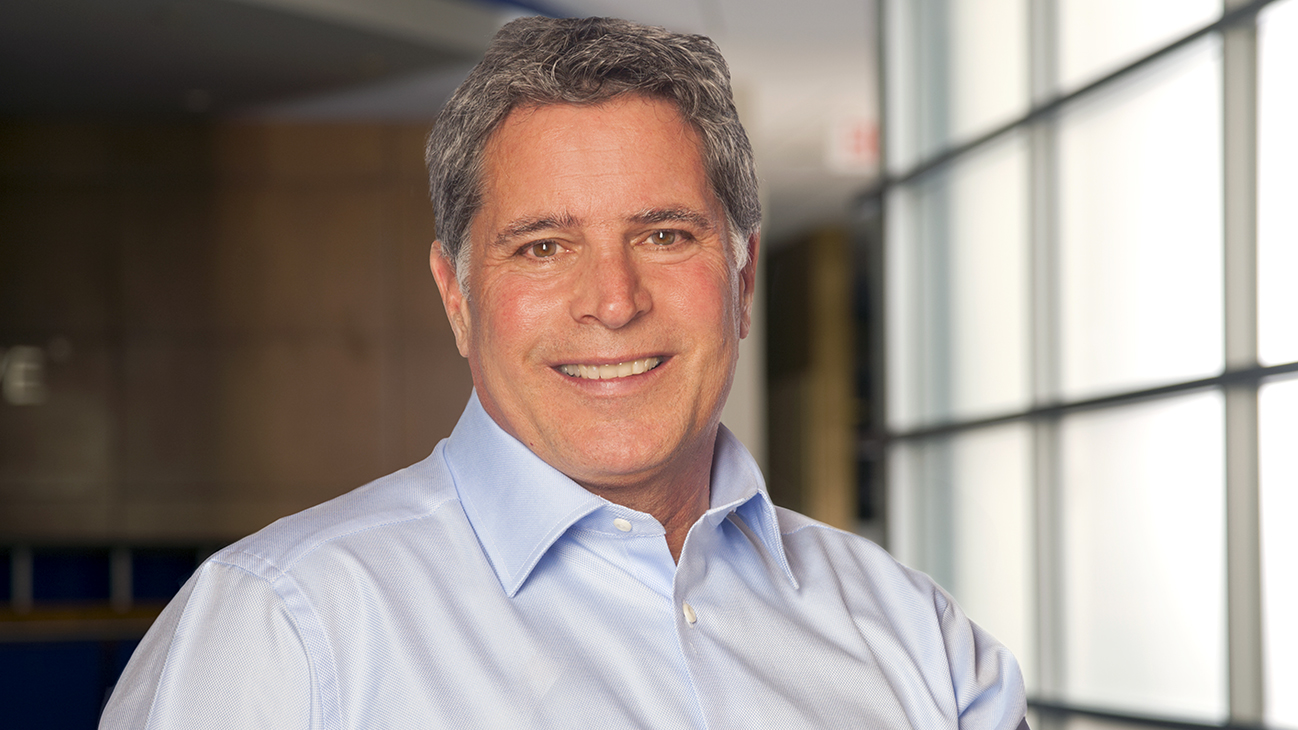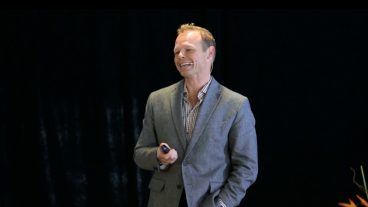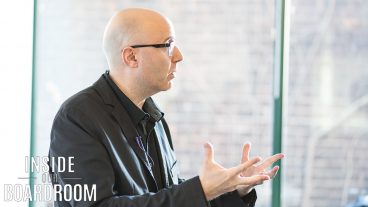Bill Taylor, entrepreneur and co-founder of Fast Company, has been a fan of Netflix since he first met founder and CEO Reed Hastings in 2005, saying “I don’t think I’ve learned more about strategy, technology, and culture from any other company I’ve studied.”
As the co-founder of Fast Company, Bill grew the online magazine into one of the most influential voices on business and innovation, chronicling the revolution of business and profiling the rule breakers. In a recent article for Harvard Business Review, he shared the top three lessons all companies can learn from the rise of Netflix, and apply to their own growth strategies.
Big data is powerful, but big data plus big ideas is transformational. Netflix is a technology juggernaut whose analytics, algorithms, and digital-streaming innovations have changed how customers watch movies and TV shows. But this technology has always been in service of a unique point of view — building a platform that shapes what customers watch, not just how they watch. The company has vast amounts of data on the viewing habits of its 125 million subscribers… This powerful data system creates a rich social system that influences the movies and shows members see, based in part on which shows they’ve liked in the past what other subscribers see and like.
Here’s how Reed Hastings explained it in 2005, when the company had just 3.5 million subscribers. “It’s possible to totally misunderstand Netflix,” he told me. “The real problem we’re trying to solve is, How do you transform selection so that consumers can find a steady stream of [entertainment] they love? We give everyone a platform to broaden their tastes.” This point of view has driven Netflix from the beginning, and it underscores the power of original ideas in business success. The core takeaway: Technology matters most when it is in the service of a compelling strategy.
If you aim to disrupt an industry, you must be willing to disrupt yourself. Netflix could be the dictionary definition of a Silicon Valley disruptor, a new entrant that reshaped the logic of an entire industry. Yet what’s truly remarkable about the company’s trajectory over the last two decades is how dramatically it has disrupted itself in service of its mission. Netflix began, of course, with a pretty simple innovation — crushing Blockbuster by shipping DVDs by mail and abolishing late fees. It then transitioned from mailing content to streaming movies and TV shows digitally. Today, Netflix is most noteworthy as a creator of content; it will spend a staggering $12 billion this year alone on programming…
At every step, Netflix’s dramatic strategic moves invited external skepticism and required deep internal rethinking of what had worked before. The key lesson: For companies and leaders alike, you can’t let what you know, all your past success, limit what you can imagine going forward.
Strategy is culture, culture is strategy. Most analysis of the rise and reinvention of Netflix emphasize its strategy and technology (as I have [seen] thus far). But what struck me about Reed Hastings from the first time I met him is that he and his colleagues think just as rigorously about people and culture as they do about digital streaming and content. When it comes to who it hires and what it promises them, how it makes decisions and shares information, even what it does about vacations, Netflix has invented (and reinvented) a range of practices that are designed explicitly to connect what the company aims to achieve in the marketplace to how it organizes the workplace.
Last year, the company updated its manifesto on Netflix Culture, a detailed statement of its principles, policies, and practices with respect to the human factor in business. What’s unusual about the manifesto is how sharp the language is; there is no hint of HR boilerplate. “Many companies have value statements,” it begins, “but often these written values are vague and ignored. The real values of a firm are shown by who gets rewarded or let go.” So what kind of people get rewarded at Netflix? “You say what you think, when it’s in the best interest of Netflix, even if it is uncomfortable,” the manifesto says. “You are willing to be critical of the status quo” and “You make tough decisions without agonizing.” Moreover, “You are able to be vulnerable, in search of truth.” The essential point: Great companies understand that they have to work as distinctively as they hope to compete.
Read the whole article here.
In less than six years, Bill grew Fast Company into one of the most influential voices on business and innovation in the last two decades and sold it for $340 million. He speaks on leadership in an age of disruption, entrepreneurship, and the new world of work. Interested in learning more? Email us at [email protected].




